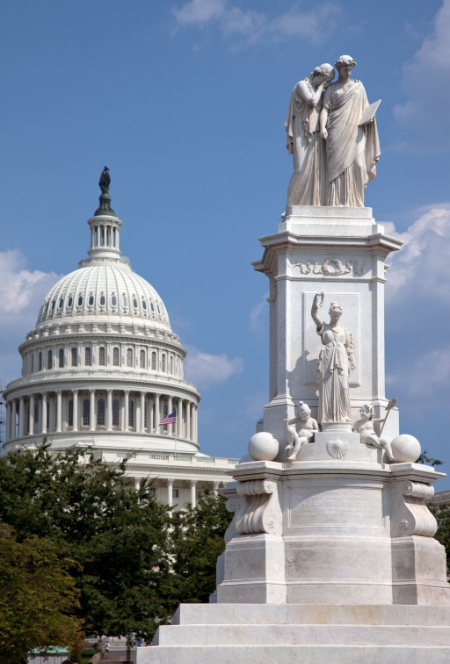Primary Source Learning: The U.S. Capitol and the Events of January 6, 2021
Primary sources are the perfect avenue to help explore and investigate the events of January 6, 2021 at the U.S. Capitol as well as those that preceded it and those that followed it. Below we have compiled numerous resources to assist in deepening understanding of our past and present in the hopes that we can better address the future.
Vocabulary
Many different words were used to describe the events of January 6, 2021. Before beginning an investigation, consider digging into and discussing some of those terms (all links except the last are from Merriam Webster).
- breach
- attack
- riot
- siege
- protest
- insurrection
- coup
- Civics 101 Podcast: Insurrection, Protest, Terrorism, Sedition, Coup
Selecting Sources
As you consider how you will incorporate primary sources into the learning, consider reviewing the following posts and articles.
- Selecting Primary Sources: Criteria for Classroom Use
- Selecting Primary Sources That Deal with Difficult Issues
- Difficult History and Avoiding False Balance from Teaching About the Capitol Insurrection On Social Studies and Education, Christopher C. Martell, July 31, 2021 (scroll down to access section)
- Combating Misinformation and Breaking Down Traumatic Events from 6 Ways to Help Students Make Sense of the Capitol Siege Education Week January 13, 2021 (scroll to access the sections)
If you decide to include contemporary news coverage, consider using the following resources to guide you.
- Media Bias Chart ad fontes media
- Want to Help Change the World One Student at a Time? Teach Them About Confirmation Bias Emerging EdTech
- Everyone Has Invisible Bias. This Lesson Shows Students How to Recognize It. EdSurge News
Source Analysis
When analyzing primary sources that documented the events of the day, be sure to guide students in analyzing the sources. Not only should they make observations (statements about things that they see and can point to) and reflections (thoughts or feelings based on those observations) but they should also consider the viewpoints, perspectives, and purposes of source creators. Below are some resources to help.
- Primary Source Analysis Tool (fillable .pdf)
- Top Ten Tips for Facilitating an Effective Primary Source Analysis
- Guiding Questions for Different Primary Source Types
- Inquiry Questions from the Capitol Insurrection from Teaching About the Capitol Insurrection On Social Studies and Education, Christopher C. Martell, July 31, 2021 (scroll down to access section)
- Analyzing the Symbols of the Riot from 6 Ways to Help Students Make Sense of the Capitol Siege Education Week January 13, 2021 (scroll to access the sections)
Historical Context
Investigating relevant events from history provides students with additional context that can lead to deeper understanding of contemporary events and enable more critical reflection on possible steps to take in the future. Below are some sources to help in this endeavor. Also see Putting the Riots into Historical Context from 6 Ways to Help Students Make Sense of the Capitol Siege Education Week January 13, 2021 (scroll to access the sections).
- The Compromise of 1877
- The political farce of 1876 1876 political cartoon
- A truce – not a compromise 1877 political cartoon
- Hayes Tilden election historic newspaper coverage 1876-77
- Hayes vs. Tilden: The Electoral College Controversy of 1876-1877 background & political cartoons from HarpWeek
- Presidential Election of 1876: A Resource Guide
- Compromise of 1877 Know Louisiana
- The Compromise of 1877 background from U.S. Department of State via Learn NC
- Today in History: Rutherford B. Hayes
- Samuel J. Tilden primary source set
- Little Rock Nine
- Connections to Little Rock’s Melba Pattillo Beals and Jackie Robinson Dr. Yohuru Williams, University of St. Thomas in Minnesota, via YouTube (also see related discussion questions from PBS NewsHour Share My Lesson)
- Primary Source Spotlight: Little Rock Nine
- 2000 U.S. Presidential Election
- Archive of 2000 election campaign websites
- Voting irregularities in Florida during the 2000 presidential election United States Commission on Civil Rights 2001
- Review of the voting irregularities of the 2000 presidential election Florida State Senate Committee on Ethics and Elections 2001
- More documents related to the 2000 election dispute The American Presidency Project
- Election 2000 Stanford Law School includes a timeline and primary & secondary sources
- Trump and Biden’s comments on January 6, 2021 PBS NewsHour (scroll to access videos and related discussion questions)
The Aftermath
What has happened since that defining day in U.S. History? Use the resources below to help you and your students investigate and explore further.
- Congressional Legislation related to the Capitol on January 6, 2021 from the 117th Congress
- Congressional Committee Reports related to the Capitol on January 6, 2021 from the 117th Congress
- Liz Cheney Delivers Final Floor Speech As A GOP Leader NowThis News via YouTube May 12, 2021
- Attorney General Merrick Garland delivers speech on Jan. 6 criminal investigation Reuters livestream via YouTube January 5, 2022
- I Fear for Our Democracy opinion by Jimmy Carter, 39th president of the United States via New York Times January 5, 2022
- U.S. Vice President Kamala Harris and President Joe Biden deliver remarks on anniversary of Capitol attack Reuters livestream via YouTube January 5, 2022
- Concept 4: The Aftermath from the Capitol Insurrection from Teaching About the Capitol Insurrection On Social Studies and Education, Christopher C. Martell, July 31, 2021 (scroll down to access section)

